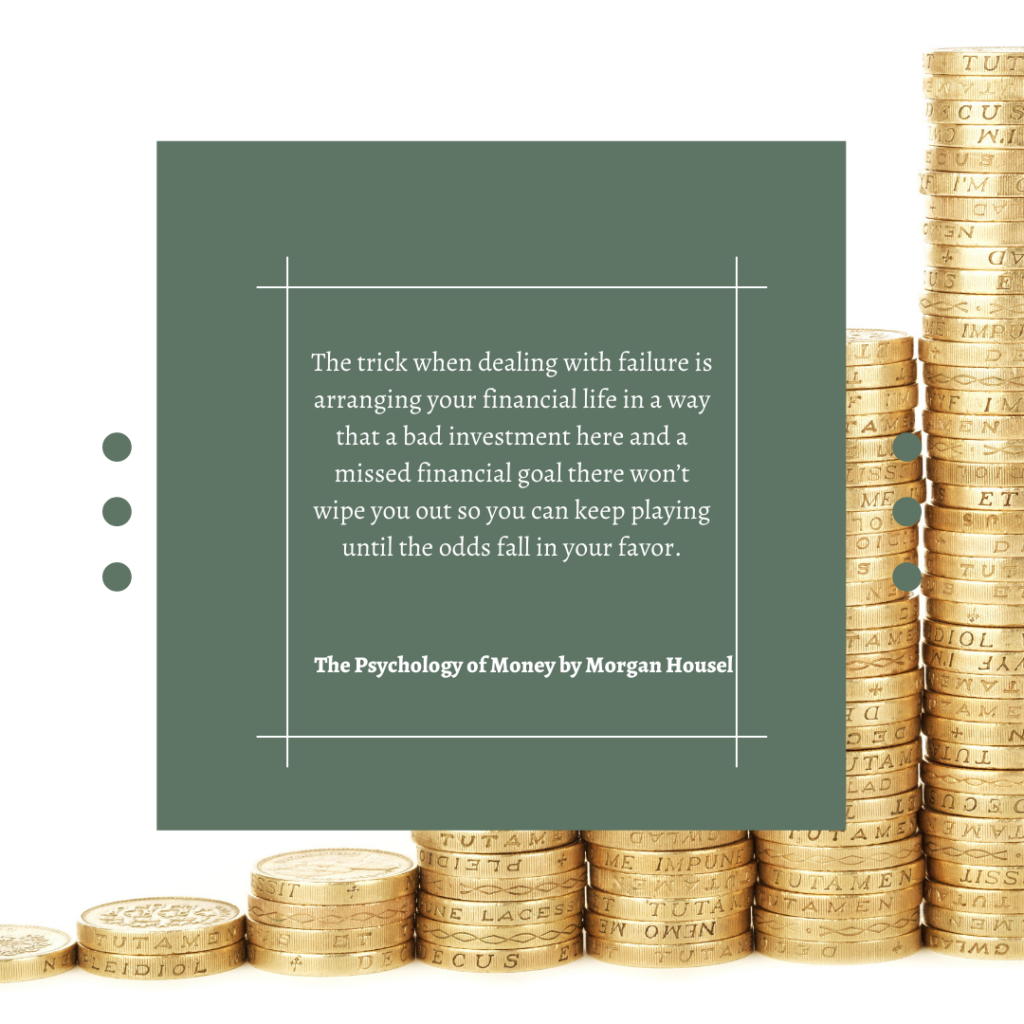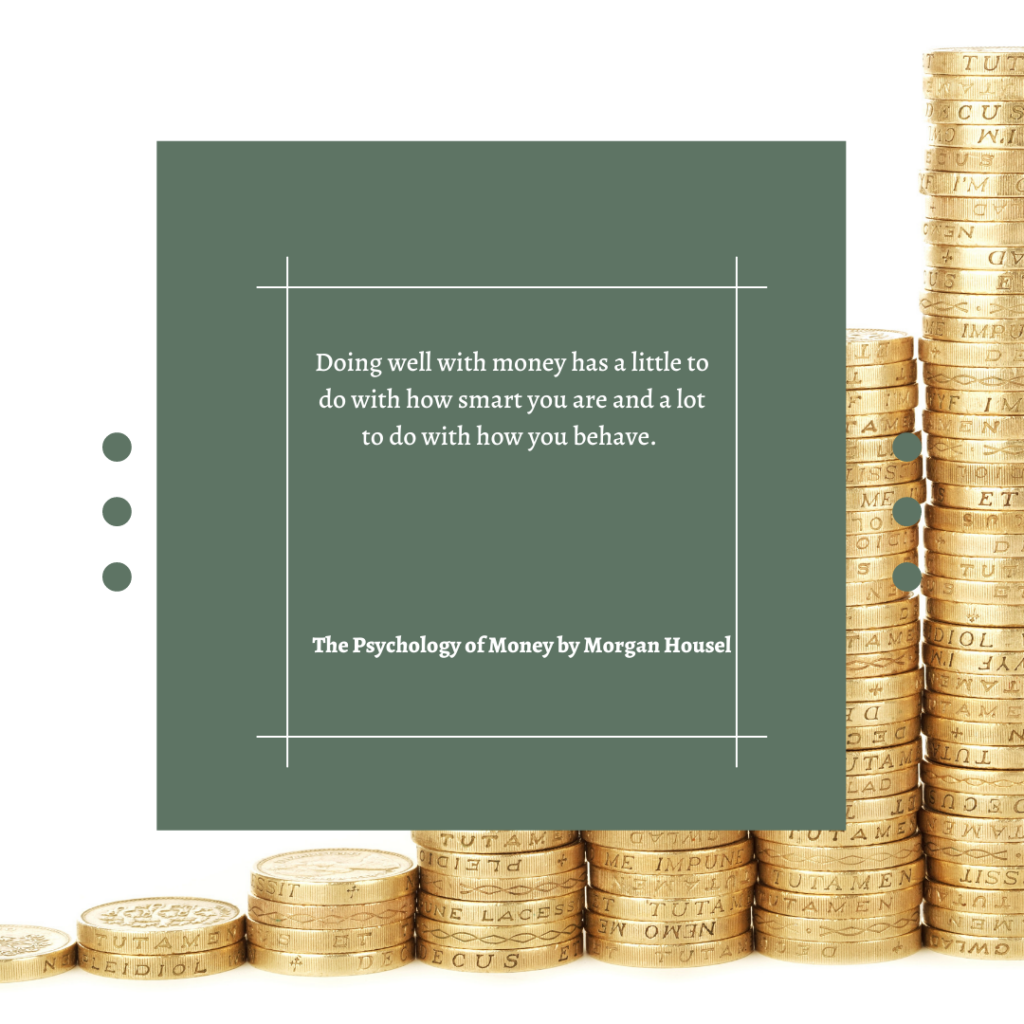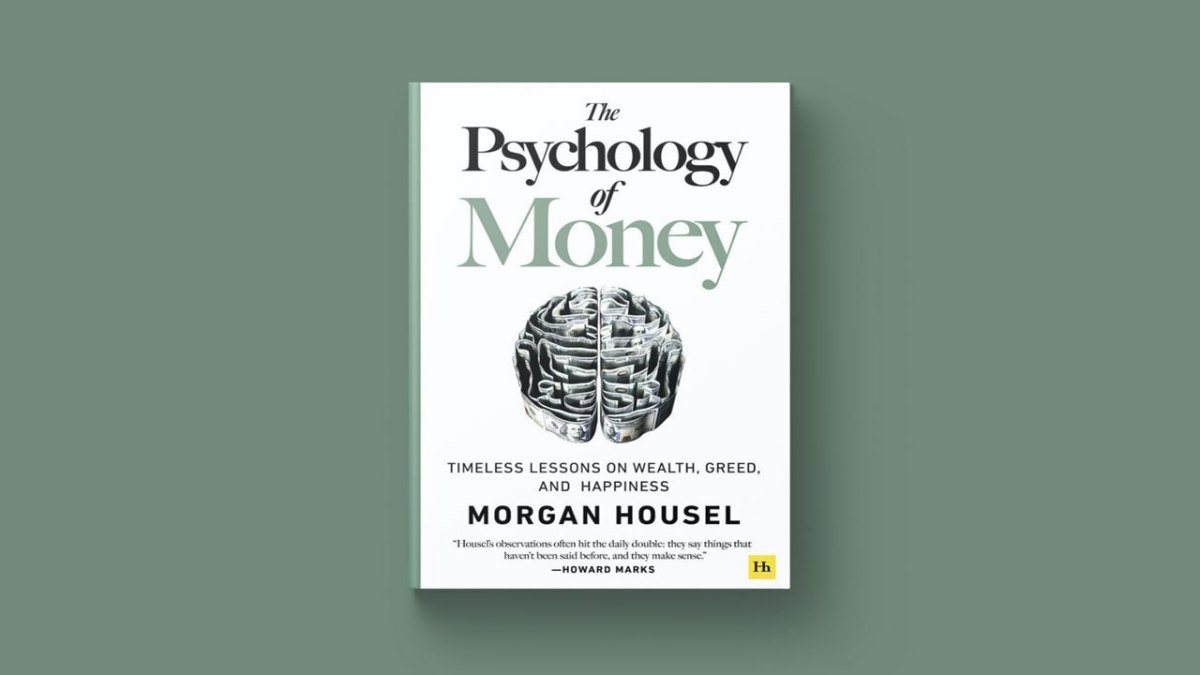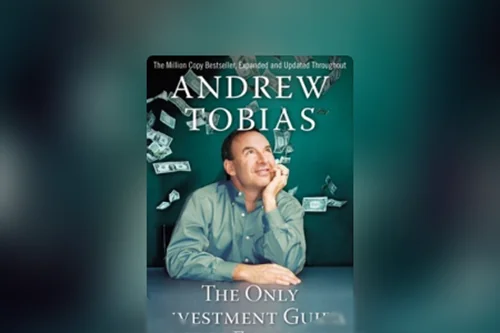The Pyschology of Money – Morgan Housel
A colleague of mine Bharat Kulkarni recommended this book ‘The Psychology of Money‘- by Morgan Housel. As I was recently traveling and needed something to read on the plane, I picked this one up. It was a relatively simple & short book to read and easy to understand. This book, as the name suggests, talks about the human psychology of money management.
Older Ways of Wealth Management
History is good to look into, however it is no guarantee that the same will happen in the future. The stock market is an infant compared to the world’s existence. The 401k (retirement savings) is 40+ years old (created in 1978) and the ROTH IRA was introduced in 1998. The author strongly advocates not flaunting wealth and it is an easy way to lose the assets. Modesty is an important attribute when it comes to money. Here is an interesting quote from the book ‘’The world is filled with people who look modest but are actually wealthy and people who look rich who live at the razor’s edge of insolvency’.

Savings
Like any other money management book, Morgan stresses the need for savings. Save as much as you can. It will help when you don’t have a job. Having money means being independent. Doing what you want, when you want it. If you end up losing your job, you don’t have to rush into finding another job. You don’t need a specific reason to save.
Wealth Distribution
World War II (WW2) ended in 1945 and post WW2 in the United States, between 1950’s to 80s wealth was evenly distributed. However, since the 1980’s the rich have become richer and the poor are stuck.

Key takeaways: My learnings
Towards the end of the book Morgan writes about how he manages his own money. He gives an interesting analogy with doctors. Ken Murray , a professor of medicine at USC wrote an essay in 2011 titled’ How Doctors Die’ – Doctor’s don’t die like the rest of us. What’s unusual about them is not how much treatment they get compared to most Americans, but how little. For all the time they spend fending off the deaths of others, they tend to be fairly serene when faced with death themselves. Though they have access to all the medical care, they go gently.
Independence has been Morgan’s personal financial goal. His Dad, who was a doctor, quit one day and he had the independence to do the same. This taught Morgan valuable lessons. Morgan & his family have a modest lifestyle. He bought his home with no loans (though that was one of his worst financial decisions – money being so cheap with low interest rates). He keeps 20% of his assets in cash (a little more conservative). Every stock they own is a low cost index fund (S&P 500). They invest money from every pay-check into index funds (a combination of US and International Stocks). The retirement is kept in the same funds and they also contribute to kids’ 529 funds. All of their net worth is their house, a checking account and some Vanguard Index funds.

Warren Buffet made most of his wealth after he was 60 years old. If you want to do better as an investor, increase your time horizon. Time is the most powerful force in investing. Be ok with a lot of stuff going wrong. You can be wrong half the time and still make a fortune.
Thanks, Morgan Housel. Your book was an easy read and reiterated some of my earlier learnings.
Here are some other insights that have helped me learn more about financial discipline:
1) The Ten Roads to Riches- Ken Fisher
2) How long does it take to double your money – The Rule of 72
3) SIP Basics to Get You Started on Investing




Leave a Reply